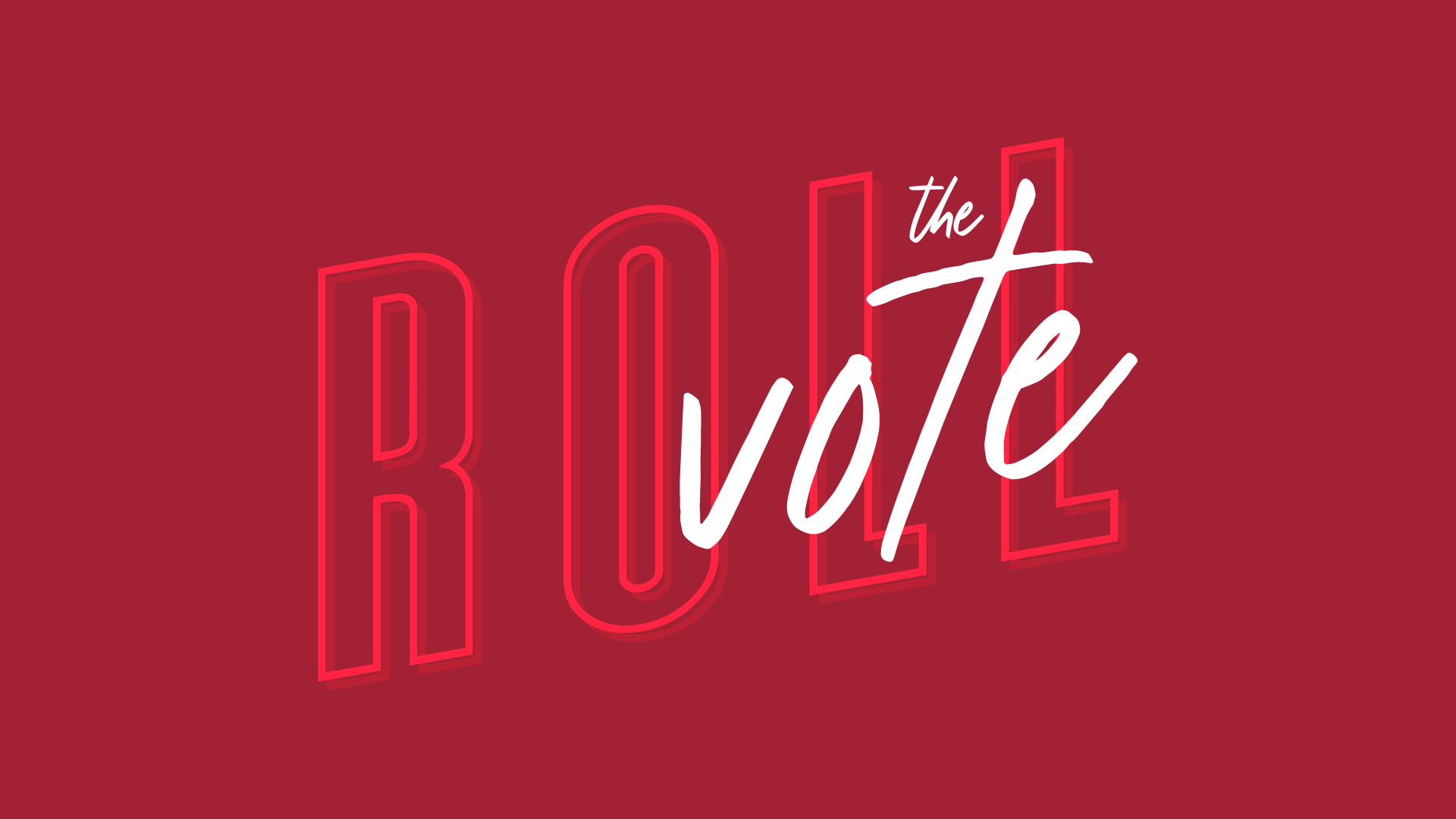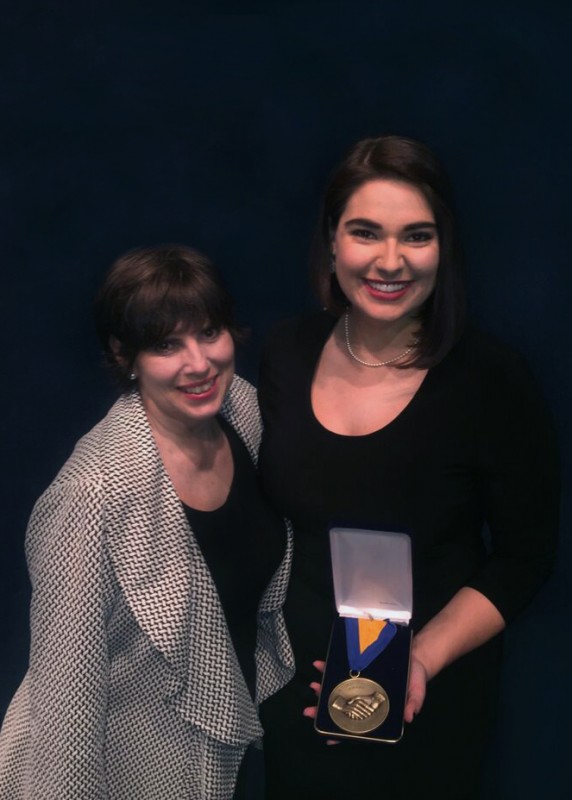Roll the Vote Encourages Voter Registration Ahead of Midterm Elections

UA actually has a very high registration rate, but we have below average turnout rates. We think that students are just really busy around election time, and we think that students have other priorities, and that the campus needs to be doing more to create a culture around civic engagement … so it’s really about…
